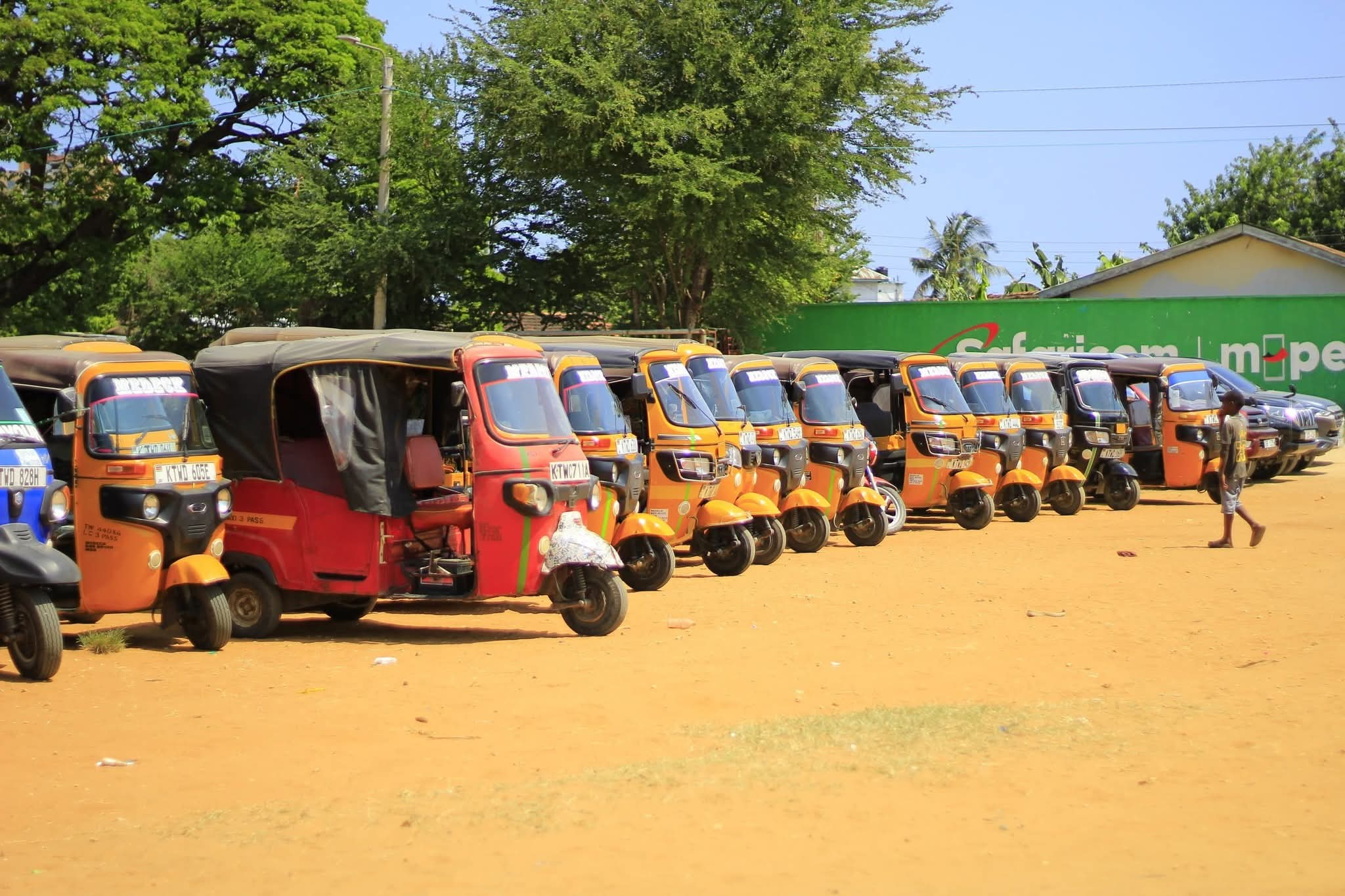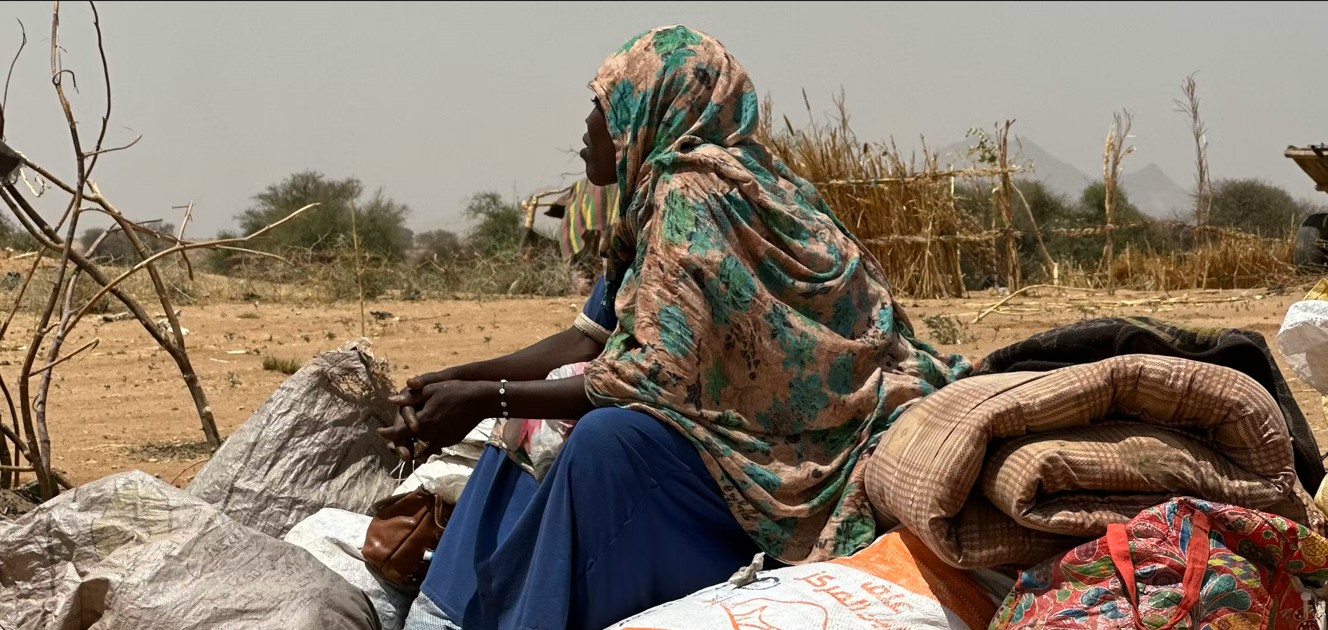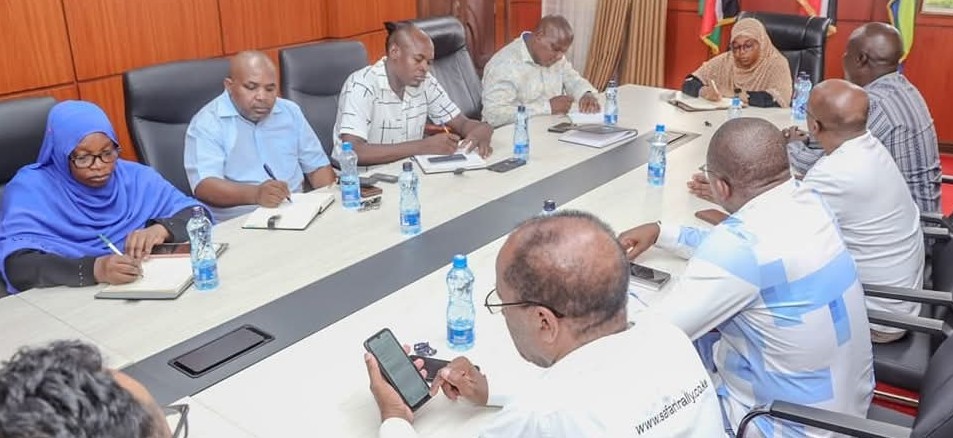EU grants Kenya duty-free and quota-free market access for all exports

EU countries had already signed the deal in June of the same year despite the challenges posed by EAC nations.
The European Union has granted Kenya duty-free and quota-free market access to all exports from Kenya except arms.
On Thursday, the EU Council adopted a decision on the conclusion of the EU-Kenya Economic Partnership Agreement (EPA).
More To Read
- Tanzania dispatches envoy to Brussels to avert Sh23.3 billion EU aid freeze
- Tanzania dismisses EU sanctions threat over human rights violations
- Nairobi to host EU-backed regional Maritime Security Week
- Kenya criticises ‘over-judicialisation’ after East African Court of Justice blocks EU trade deal
- Tanzania challenges EU debate on Tundu Lissu and post-election crisis
- Luanda Summit: Europe reinforces ties with Africa as competition intensifies
According to the EU, the agreement will boost trade in goods and create new economic opportunities, with targeted cooperation to enhance Kenya's economic development, once the deal comes into force.
“This agreement will strengthen our cooperation with Kenya, the economic hub of East Africa. Workers, businesses and traders on both sides will benefit from this shared commitment to sustainable development, including labour rights, the environment and climate action,” Belgian Minister of Foreign Affairs Hadja Lahbib said on the deal.
The EU is Kenya's first export destination and second-largest trading partner, totalling €3.3 billion of trade in 2022 - an increase of 27 per cent compared to 2018.
When does the deal come into effect?
As per the EU statement, the agreement will come into effect on the first day of the second month following the date on which the parties have notified each other of the completion of their respective internal procedures.
Negotiations on the Economic Partnership Agreement between the East African Community and the EU (EAC-EU EPA) were concluded in 2014.
As other East African Community (EAC) countries took a step back to assess the deal, Kenya signed and ratified it in September 2016, while the government was led by former President Uhuru Kenyatta.
Rwanda signed the agreement but did not ratify it while Tanzania and Uganda refused to approve the treaty for various economic and political reasons, including the fear of European goods flooding the market, and affecting local produce.
EU countries had already signed the deal in June of the same year despite the challenges posed by EAC nations.
To curb delays, EAC in February 2021 agreed to allow each member state to sign the deal independently. President William Ruto and the EU ratified the agreement on December 18, 2023. Parliaments of the EU and Kenya approved the deals later on February 29, 2024, and April 24 of the same year.
Top Stories Today















































